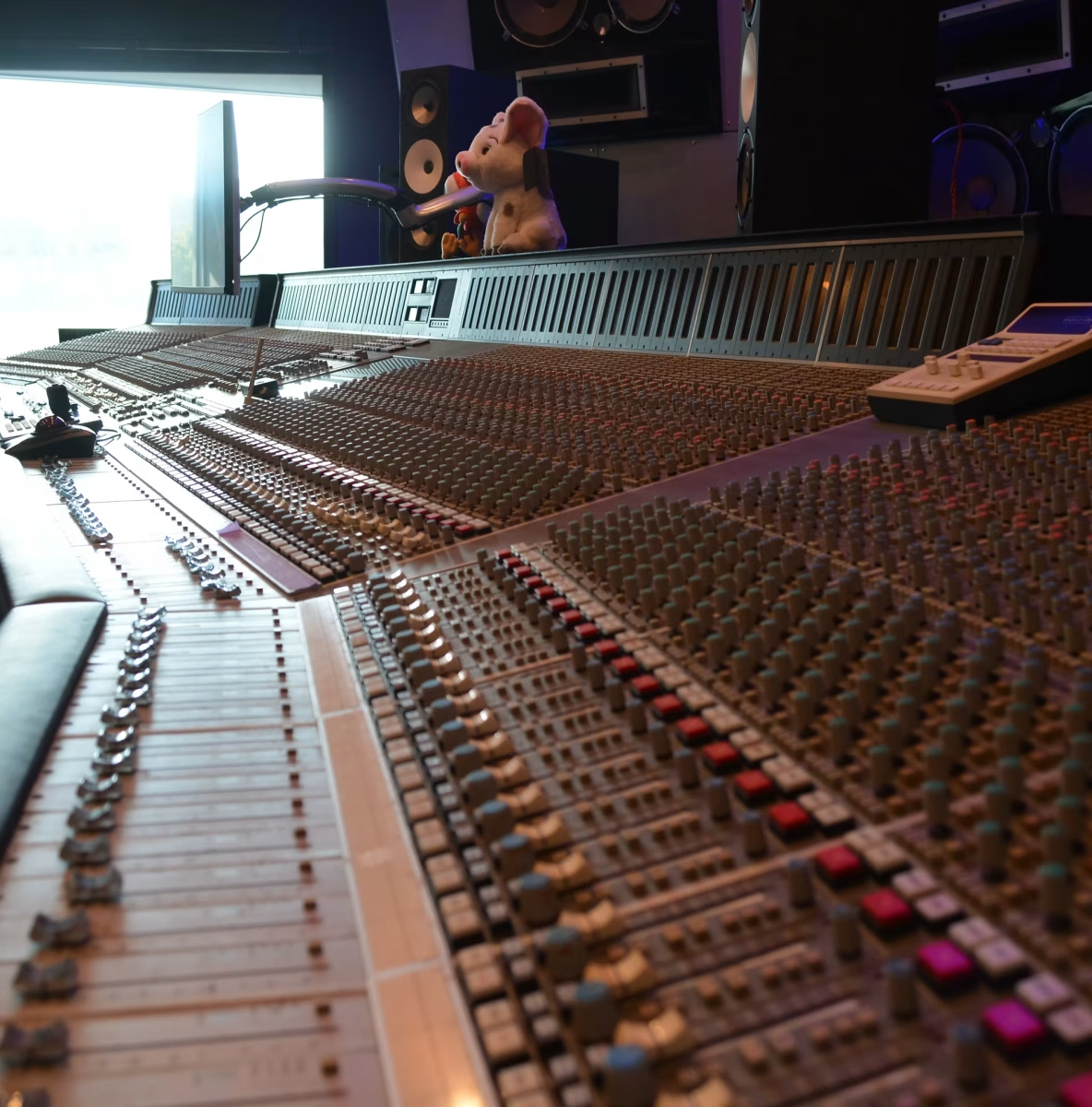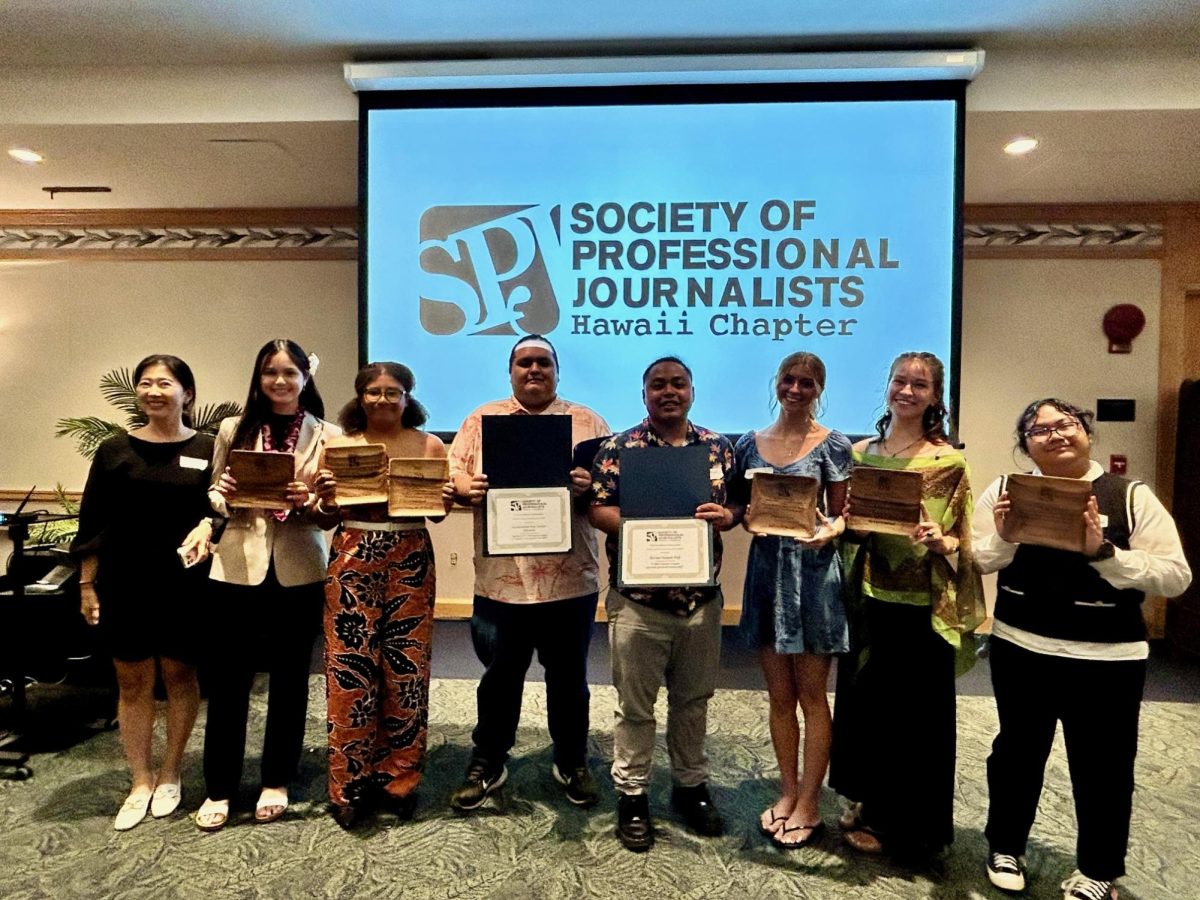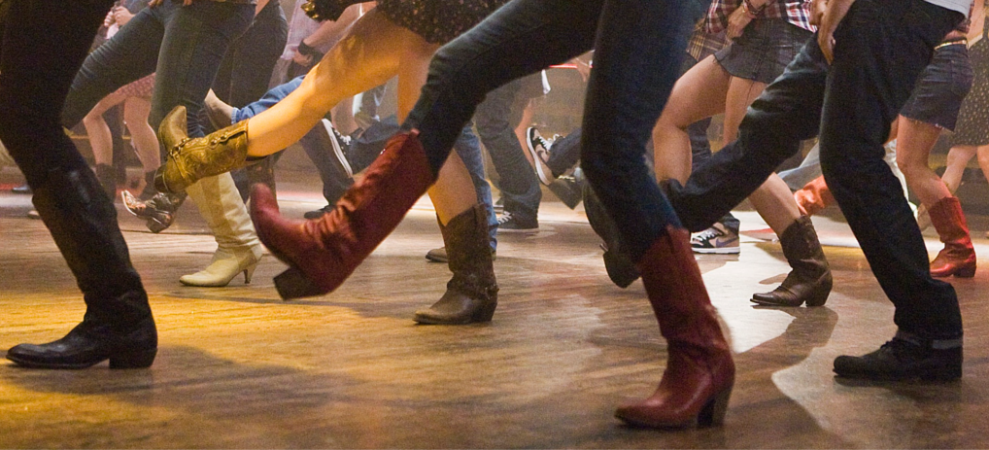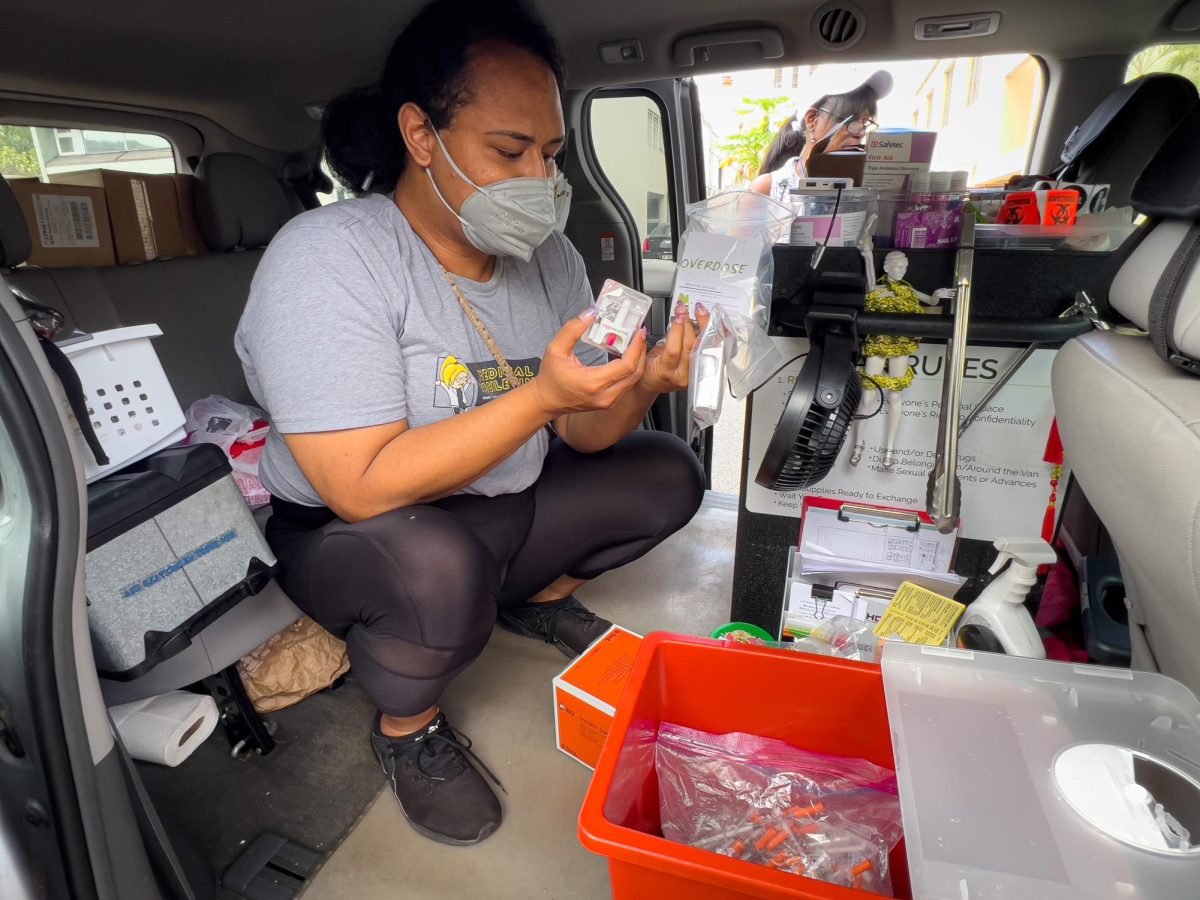Journalism Program Initiatives
Initiatives underway within the Journalism Program, in the School of Communication and Information, in the College of Social Sciences, at the University of Hawai‘i at Mānoa:
The Mānoa Mirror — Launched in Fall 2023, the Mirror is a vibrant force for better public discourse, bringing new perspectives, topics, ideas and audiences to Hawai‘i’s news ecosystem.
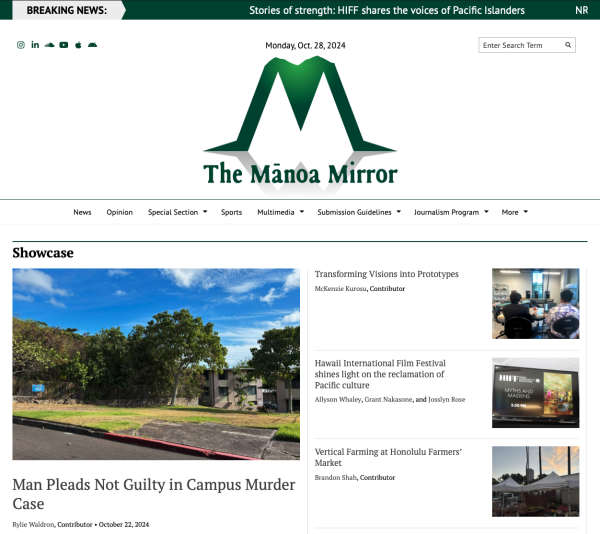
We use Mānoa in the news organization’s name to convey that we are local, university-based and a reflective representation of the intellectual prowess of the 25,000 people who live on or near the campus, including students, staff and faculty members. The Mirror is not a traditional student news organization. Its mission looks outward from campus, to stretch across islands and to report about the conversational threads, the diversity of ideas, and the pulsing energies that emanate from this university’s ahupuaʻa, the traditional Hawaiian term for a large section of land, extending from the mountain to the sea.
With the mirror metaphor, we also look inward, at
our university, at the university’s leadership, at the public intellectuals who live here and visit. We attempt to make sense of how UH Mānoa, at the heart of the state, serves its constituents (or not, if that’s the case) and affects, drives, and directs the agenda of the broader community. Our rhetorical aim is much different from the other mass media sources on the island; we do not have advertisers, or any other traditional power sources as our influencers, giving us much more freedom to “say it like it is.”
We speak directly to the 18-24-year-olds in the community through the voices of 18-24-year-olds in the community. That means, for example, our students and readers are just as interested in eSports as they are in traditional field sports. While the Mirror sometimes covers stories that other media sources cover, like legislative news, we also find and report stories that only students can find through their particular lived experiences. These include spot news coverage of food insecurity on campus, an investigation into how the state’s newly opened $10 billion rail project seems to mostly serve well just a few UH community college students, and complicated cultural stories, raising issues around seemingly benign local entertainment with subversive undertones.
The Mirror serves the entire state of Hawai‘i, including the Native Hawaiian and the Pacific Islander communities that the university is
founded upon, at its core, with a focus on creating the next generation of community leaders. While we often say that we are training this next generation of leaders in our community, but we should note that we are training the next generation of readers as well. If our community wants young adults to start getting engaged and involved in community affairs and civic actions, then college is a prime place to engage.
Free, online, and mobile-accessible, the Mirror aims to be the voice of its generation in the heart of the Pacific Ocean.
Journalism Watchdogs — Launched in Fall 2024, Journalism Watchdogs is an Open Access, asynchronous, and always-online educational tool developed specifically to serve as a “writing coach” for journalism students nationally to help to rebuild the foundation of American Journalism by providing better support to students as they learn how to do the difficult job of investigative journalism.
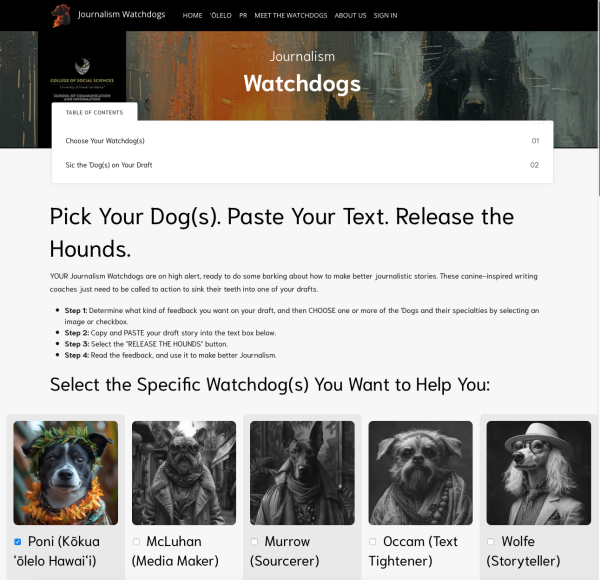
The ‘Dogs originally were created as a way to test the efficacy and usefulness of Large Language Models and AI interfaces in a context of Journalism education. They are intended to simulate the feedback a student might get from a professor, or a professional writing coach, about a specific aspect of a particular piece of journalistic writing. In other words, the humans still are in charge. People pick their story ideas. They choose how to report and write their pieces. A person must make a significant story draft to get any useful feedback from these ‘Dogs. The ‘Dogs are not intended as fix-alls. They are specialists, addressing common journalistic writing and reporting issues. They each focus on a specific area and aim to provide feedback to the journalist to help that writer to address that area of concern.
The AI-powered digital assistants created for this tool are called “Journalism Watchdogs” as a tribute to the critical role of journalism in democracy as a watchdog for government, businesses, and other powerful institutions. These ‘Dogs analyze a submitted text and then provide extensive feedback about that text based on behind-the-scenes programming inspired by well-established journalistic standards.
As an educational tool, Journalism Watchdogs is not a system designed to directly write or edit for the person using it. Instead, this online tool will respond to draft stories submitted to it and provide helpful feedback, guidance, and support about ways to improve the writing submitted as aligned with industry best practices governing journalistic writing. Through such a “writing coach” process, our students will be able to gain more confidence and feel more comfortable in their abilities to write journalistic stories.


